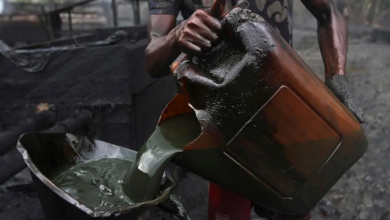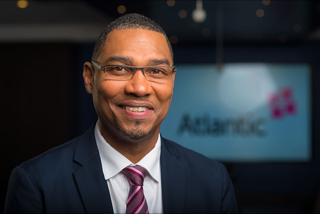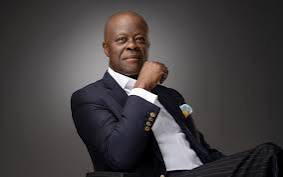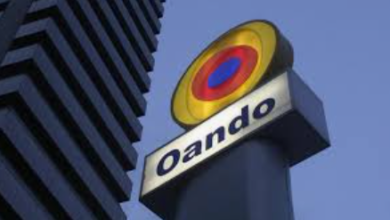Petroleum Industry Bill (PIB): Host Communities disrupt proceedings
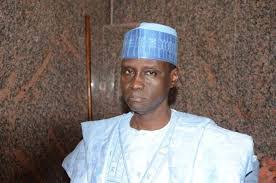
The venue of the public hearing on the Petroleum Industry Bill (PIB) in the House of Representatives was, on Thursday, thrown into pandemonium following a violent clash involving members of the host communities of crude oil reserves in the Niger Delta region.
The people had gathered from different parts of the oil producing communities on the invitation of the Mohammed Tahir Monguno-led ad hoc committee, with greater numbers from the core Niger Delta states, to make presentations on the bill.
However, a fight broke out exactly 12:10p.m when the chairman of the Ad-Hoc Committee on PIB, Hon. Mohammed Monguno, who had been moderating the proceedings, called the host communities to make their inputs.
Daily Independent reported that Monguno had earlier given a notice of a harmonised leadership of the host communities that would make presentations through one person before yielding the floor.
However, the consensus as to who would lead the presentation on everyone’s behalf became an issue as various groups thronged the venue with different points of agenda and agitation.
Consequently, disagreement broke out leading to physical clash, injuries and disruption of the proceedings.
The unhealthy development left lawmakers and other participants scampering for safety, necessitating the intervention of security operatives at the venue to quell the fracas.
This restored calm within minutes as the committee chairman announced that henceforth members of the communities would only adopt their memoranda and exit the podium.
He assured that the panel would visit various communities in the coastal region to properly engage them.
Why We Fought — Tamaranebi
While one of the men involved in the fight could not speak to journalists because he sustained injuries on his mouth, the other party, who gave his name as High Chief Benjamin Style Tamaranebi, National Chairman, Host Communities of Nigeria Producing Oil and Gas (HOSTCOM), said the fight was all about the demand for 10 percent equity share by the host communities.
It would be recalled that the government had, in the PIB, proposed 2.5 percent as royalty for the host communities payable by oil companies.
But Tamaranebi said it was not enough for the people and therefore demanded an increase of 10 percent.
“We are here for the public hearing on behalf of host communities of Nigeria producing oil and gas.
“I am the president of host communities, and what we are asking for and what we are here for is nothing more than 10% equity shareholding.
“We vehemently go against 2.5% operating cost. That’s a trick.
“So, we want to be part and parcel of it. Let us be shareholders in the industry.
“That will guarantee security in our local communities that are producing oil and gas.
“If they give us 10% shareholding on all operations, that equity will guarantee no one will spill any oil or vandalise any pipeline.
“But whatever thing that gets missing, the communities will be missing it as well.
“I want to agree on the 10% equity shareholding for the host communities. That will guarantee security in the region as well as in the oil and gas industry in Nigeria.
“I think it is not necessary for me to talk about whether we fought or not.
“You know all about the Niger Delta region. There is no king. All are comrades. You know about us.
“When Niger Deltans gather together, everything is bound to happen. All we are agitating for is 10% equity.
“The fight is because of 10% equity. We all agreed in terms of 10% equity.
“So, we are not fighting because of any other thing. All the fight you saw there was in agreement with 10% equity.”
They Are Racketeers — Ukhorumah
Also speaking on the development, Gouha Ukhorumah, who represented the Offshore Gbaramatu and Coastal Host Communities in Warri South Local Government Area of Delta State, said the quarrel was basically between two factions of the group who referred to themselves as Host Communities of Nigeria without a specific kingdom or local government area as area of coverage.
He said: “They are paper tigers and racketeers who represent nobody but themselves.
“They are what we call political host communities, because our group has been having MoUs with oil companies and have been managing their corporate social responsibility policies over the years.
“That’s why we said they don’t represent anyone because they can’t be identified with any kingdom or ethnic group in the region.
“But as God will disgrace them, they are now fighting amongst themselves because they are more about what they can get individually”.
We Disagree With PIB Provisions— PANDEF
Similarly, leader of the Niger Delta think-tank, the Pan Niger Delta Elders Forum (PANDEF), Inibehe Effiong, noted that the PIB did not clearly define “host communities”.
He said: “What this committee has done today is a tragic injustice. It is a slap on the people of the region.
“You can’t have one set of rules for the multinationals and officials of government on how to articulate their positions and have a totally different set of rules and regulations for host communities and organisations like ours that articulate the interests of the Niger Delta.
“So, we feel that this is a further demonstration of the contemptible manner that the Nigerian state has regarded the people of the region.
“This is unacceptable and we will continue to demand that if this so-called host fund that they want to provide for is going to translate into anything, there has to be a significant conversation with the people of the region.
“As I speak today, we left this public hearing without an understanding of what host communities are.
“As far as I am concerned, this public hearing may be defeated as far as the host communities are concerned.”


